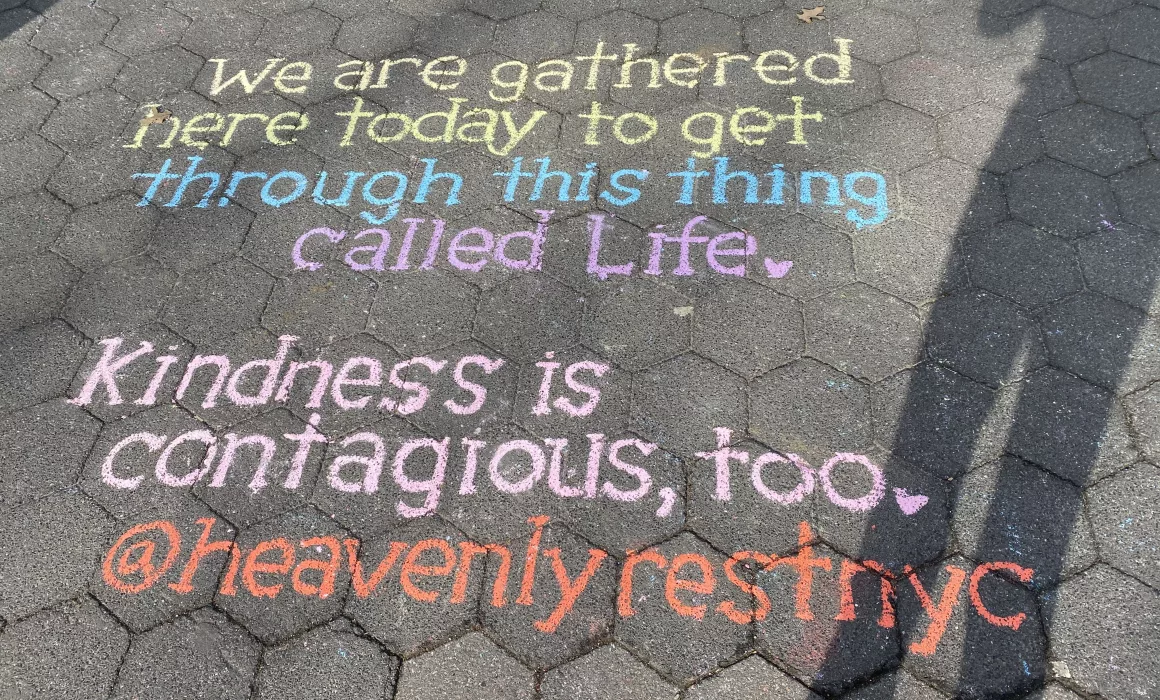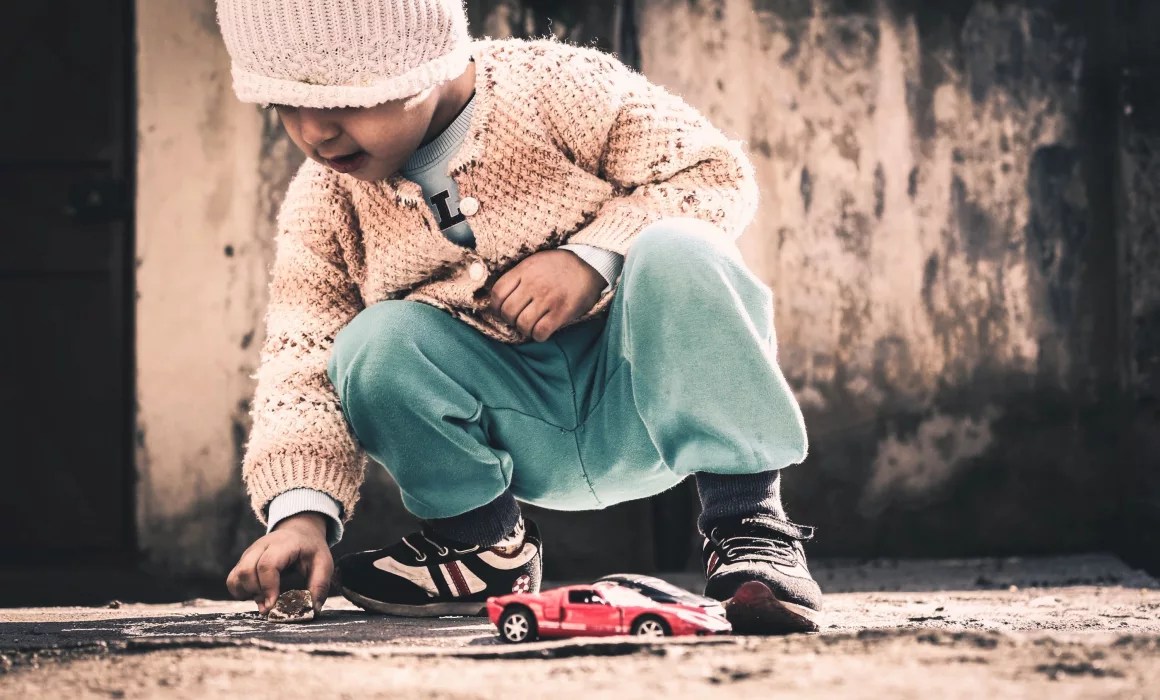Backhanded Reassurance for COVID-19: This is Not a Staycation
If you’re enjoying virtual tours of national parks on your TV, browsing world renowned museums from your couch, taking a free Ivy League college course on your laptop, or dancing along with a DJ dist-Dance party, that’s awesome! You do you! And, this post doesn’t apply to you.
This post is for those of you who are having a very different experience. You may be feeling scared, worried, and drained, while also feeling pressure from productivity pushers—or maybe from your own internal productivity pusher.
This may sound weird but I’m not big on reassurance. Of course we all need reassurance sometimes, even when we’re not facing a pandemic! Reassurance often comes from a place of care, so what’s the big deal?
Well, reassurance can have unintended consequences. Sometimes reassurance can send an unintentional message: “Your feelings are too big/scary/heavy for me to handle right now.” You might be nodding your head in agreement if you’ve ever experienced a loss and had someone say to you, “At least they didn’t suffer.” or “They’re in a better place now.” Ouch!
In the age of the coronavirus crisis, attempts at reassurance might take the form of “Here’s a silver lining…”, “Enjoy this free time while you can!”, or “Everything’s going to be okay.” Statements like these can be so helpful when you genuinely feel them to be true for you, but they can also feel minimizing and dismissive coming from other people, and they may leave you feeling painfully alone with big feelings.
If you’re still with me, here’s what I want to say to you. It’s a form of what I like to call backhanded reassurance (really, validation):
This is not a staycation. This feels hard because it is hard.
If you’re a college or university student, you’re facing a radical departure from your usual structure of classes and internships. You may have abruptly been told to move out of your dorm. For some of you that doesn’t come with a protective sense of “going home” but of being uprooted and forced to go back into a difficult situation that school gave you a break from.
If you’re employed and have transitioned to working from home, the fabric of your daily life has been upended and the routines you rely on are hard to come by. If you’re newly unemployed or underemployed, you may be facing a whole host of fears about your financial security.
If you’re working on the front lines (doctors, nurses, and other health care workers, delivery people, transportation workers, grocery store employees, and others who serve an essential role and don’t have the option of working from home) this is anything but business as usual, and you’re tasked with taking care of others while trying to meet your own needs as well.
(If you’re a parent you’re probably not reading this because you’re busy wrangling your kids, scrambling to find childcare, trying to play teacher, and maybe even attempting some iteration of working from home.)
No wonder why you don’t feel like virtually visiting a national park or picking up a new hobby!
You didn’t choose this. This is not in your control and it’s understandable if you’re feeling powerless, sad, afraid, numb, emotionally exhausted, anxious, angry, or if you’re finding it more difficult to concentrate. It’s okay to let yourself feel those things, and it’s okay to let go of any expectations of being productive that don’t make sense for you right now.
So, what can you do to have a sense of impact when that’s becoming increasingly difficult? I’m not an advice-y therapist, but I have some ideas. Please know that these aren’t suggestions. Instead, think of them as invitations and take whatever feels accessible to you and leave behind whatever doesn’t. There’s no rulebook for how to feel.
Invitations (Not Suggestions)
•Can you check in with your news consumption? Do you feel better or worse after reading or watching it? Is it helping you or hurting you? How much is helpful and how do you know when it’s crossing the line? If you want to stay informed, be sure to use reliable, factual sources like NYC.gov, CDC.gov, and WHO.int.
•Similarly, can you do a self check-in with social media? Is it helping you feel more connected to others or is it increasing your anxiety?
•Can you check in with your mind and body? See if you can observe any thoughts, feelings, or physical sensations you find without trying to make them go away. We often hold tension in our chest, jaw, or back, or we may shift into shallow breathing without even realizing it. What do you notice? Can you be curious about your experience? If that’s not accessible to you right now, that’s okay too.
•Can you come up with any way that you can find even a small sense of agency right now? For one person this might look like writing to your elected officials about whatever issues feel most pressing to you. (An easy way to do this is by texting Resist to 50409.) For another person this might mean reminding yourself that you’re actively helping to #flattenthecurve by staying home. This might even look like [gasp!] being “productive” by organizing a drawer.
•Can you give yourself permission to focus on what feels most soothing and familiar to you? You may already know what your old comforting standbys are so you don’t need to reinvent the wheel here.
•It’s being called social distancing (ugh!) but can you reframe it as physical distancing? We’re wired for connection, so how can you stay connected socially while practicing physical distancing?
Finally, talk to your therapist (remotely) about anything and everything that’s coming up for you right now. If you’re wanting the protective, reflective space of therapy but you don’t have a therapist yet, feel free to schedule a phone consult with me. If for some reason I’m not the right fit for you, I’ll be happy to help you find a therapist who is.
Take care,

P.S. This was inspired in part by Ithaca psychoanalyst Vanessa Bright’s blog post, “You Are Doing Enough.”
Photo credit: Dr. Sue Sherman and @heavenlyrestnyc




